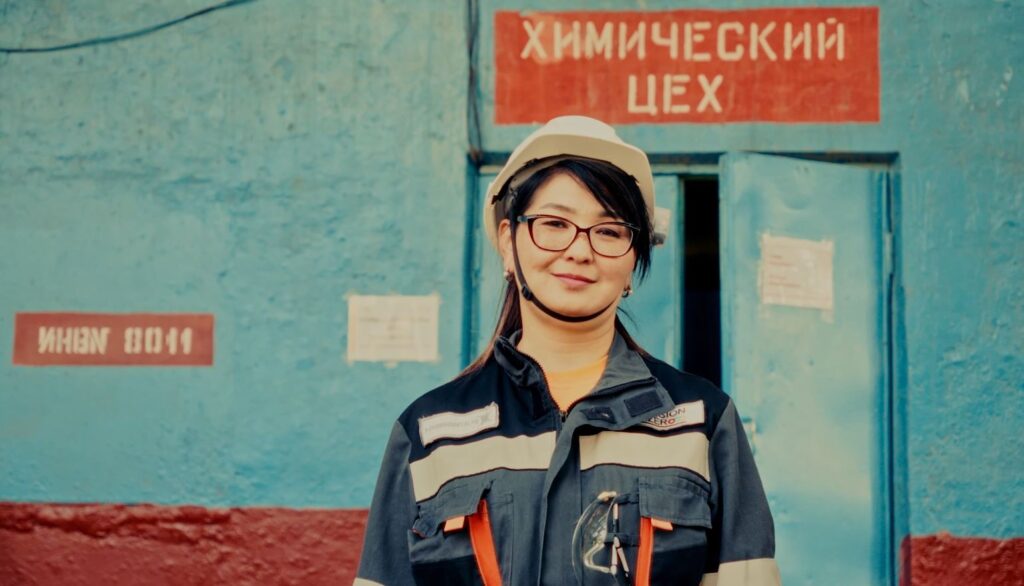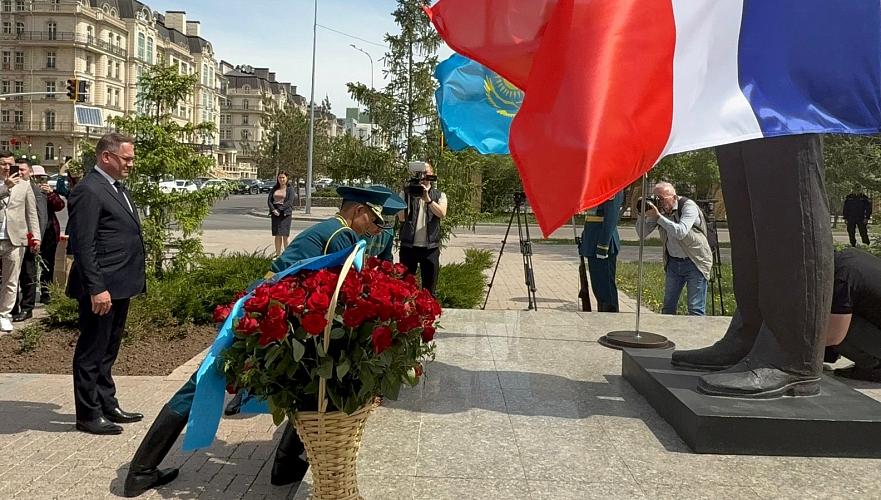Kazakh Lawmakers Advocate HPV Vaccination for Boys
Kazakh lawmakers are urging the government to expand its human papillomavirus (HPV) vaccination program to include boys, arguing that the virus poses serious health risks to both sexes. Askhat Aimagambetov, a deputy of the Mazhilis (the lower house of parliament), announced the initiative on his Telegram channel, stating that the proposal reflects the concerns of Kazakhstani parents. Along with fellow parliamentarians, Aimagambetov has formally appealed to the Ministry of Health. “Currently, girls in Kazakhstan can receive free HPV vaccinations. This is a major achievement and a decision that saves thousands of lives. But HPV is not a ‘female virus.’ It can cause not only cervical cancer, but also cancers of the larynx, mouth, rectum, and in men,” Aimagambetov wrote. He emphasized that many countries already offer HPV vaccination to boys on an equal basis with girls. “That is why we have proposed to make the vaccine available voluntarily. It is hard to find in pharmacies, so the state must ensure access for all who want it. Boys are also at risk. Their health should not be overlooked,” he added. Health Minister Akmaral Alnazaraeva recently stated that the ministry is considering expanding the eligibility list for HPV vaccination to include boys and adults. Since September last year, Kazakhstan has offered voluntary HPV vaccination to 11-year-old girls as part of efforts to prevent cervical cancer.






